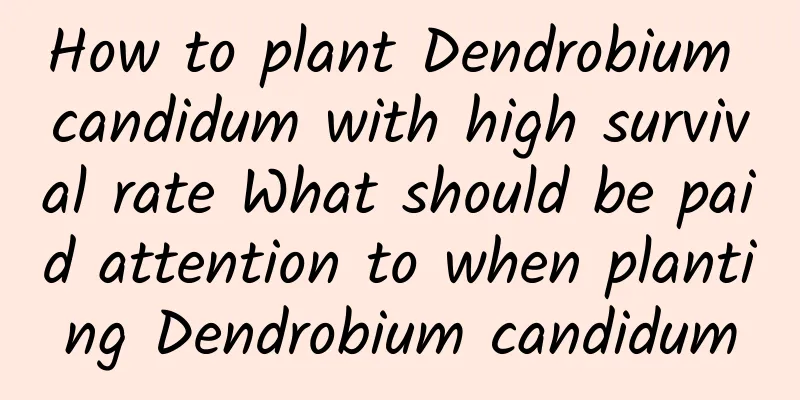Treatment of polycystic ovary

|
Polycystic ovary is actually a disease caused by endocrine metabolic abnormalities after women give birth. After becoming ill, patients will experience symptoms such as irregular menstruation and infertility. For the treatment of polycystic ovary, medication is actually enough. The doctor will prescribe medication based on the patient's fertility requirements. Of course, if the condition is very serious, patients can also choose surgery and other treatment methods. Polycystic ovary syndrome (PCOS) is a common disease caused by complex endocrine and metabolic abnormalities in women of childbearing age. It is characterized by chronic anovulation (ovulation dysfunction or loss) and hyperandrogenism (excess production of male hormones in women). The main clinical manifestations are irregular menstrual cycles, infertility, hirsutism and/or acne. It is the most common female endocrine disease. 1. Medication Currently, drug treatment for PCOS has replaced surgical treatment as the first-line treatment method, and the purpose of treatment is mainly related to the patient's fertility requirements. (1) Drug treatment to reduce hyperandrogenism 1) Oral contraceptive pills (OCPs) have been used as a traditional long-term treatment for women with PCOS, mainly to protect the endometrium, adjust the menstrual cycle, and improve hirsutism and/or acne by reducing androgen production in the ovaries. 2) Glucocorticoids are used to treat hyperandrogenism caused by excessive adrenal androgen synthesis. Dexamethasone and prednisone are more effective because they have a greater affinity for receptors and can inhibit pituitary ACTH secretion, thereby reducing ACTH-dependent adrenal androgen secretion. With long-term use, be aware of the possibility of hypothalamic-pituitary-adrenal axis suppression. 3) Spironolactone is an aldosterone analogue, and its effectiveness in enzyme inhibition is similar to that of cyproterone acetate, so the two treatments have similar effects. At the same time, it has an anti-androgen effect. Its mechanism of action for treating hyperandrogenism is to competitively bind to androgen receptors, and to competitively bind to receptors with dihydrotestosterone (DHT) in peripheral tissues, inhibiting 17α hydroxylase and reducing T and A. 4) Flutamide is a steroid compound that is a potent and highly specific non-steroidal antiandrogen. It has no intrinsic hormone or anti-gonadotropin effect and cannot reduce steroid synthesis, but it inhibits the androgen effect through receptor binding. |
<<: Green discharge from female vagina
>>: What to do if pregnant women have hair loss
Recommend
Can I have uterine fibroid surgery if I have anemia?
For women who have uterine fibroids, if they are ...
How to overcome height anxiety? You don’t really need to rely on height-increasing injections →
Everyone wants to have long legs and be tall, but...
Does total hysterectomy have a big impact on the body?
Nowadays, more and more women of childbearing age...
Why are some mung beans hard? How many minutes should mung bean soup be cooked?
Mung bean soup is a traditional folk delicacy for...
Can I drink black coffee during menstruation?
In today's society, many women like to drink ...
[Medical Q&A] How to prevent onychomycosis?
Planner: Chinese Medical Association Reviewer: Pr...
What to do if you have edema in early pregnancy
Ten months of pregnancy is a particularly difficu...
How can a girl get pregnant?
In life, many newlywed couples will make a lot of...
Menstrual period is dark and light
Women have their periods every month. Whether the...
Does a small fetus mean poor development?
Under normal circumstances, the growth and develo...
What does birads3 mean for left breast nodules?
Left breast mass is a common breast disease in wo...
A man ate 12 pills a day and had half of his stomach removed! Doctors urgently stopped him
When the weather is warm and cold in spring, vari...
What are the precautions for induced labor at 14 weeks?
When a woman is 14 weeks pregnant, she has entere...
How to store live abalone? Can abalone be frozen and stored?
Abalone is fresh, tender and delicious, and is a ...
What anti-inflammatory drugs should be taken for gynecological diseases?
Gynecological diseases are a type of disease that...









